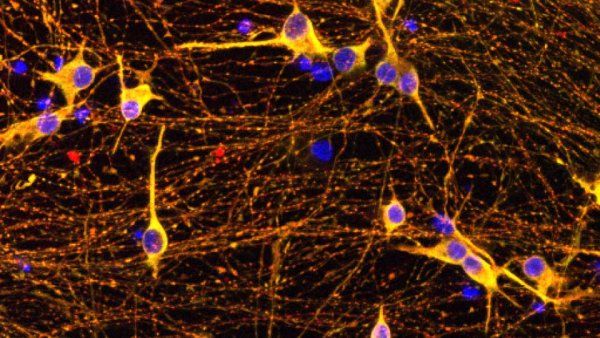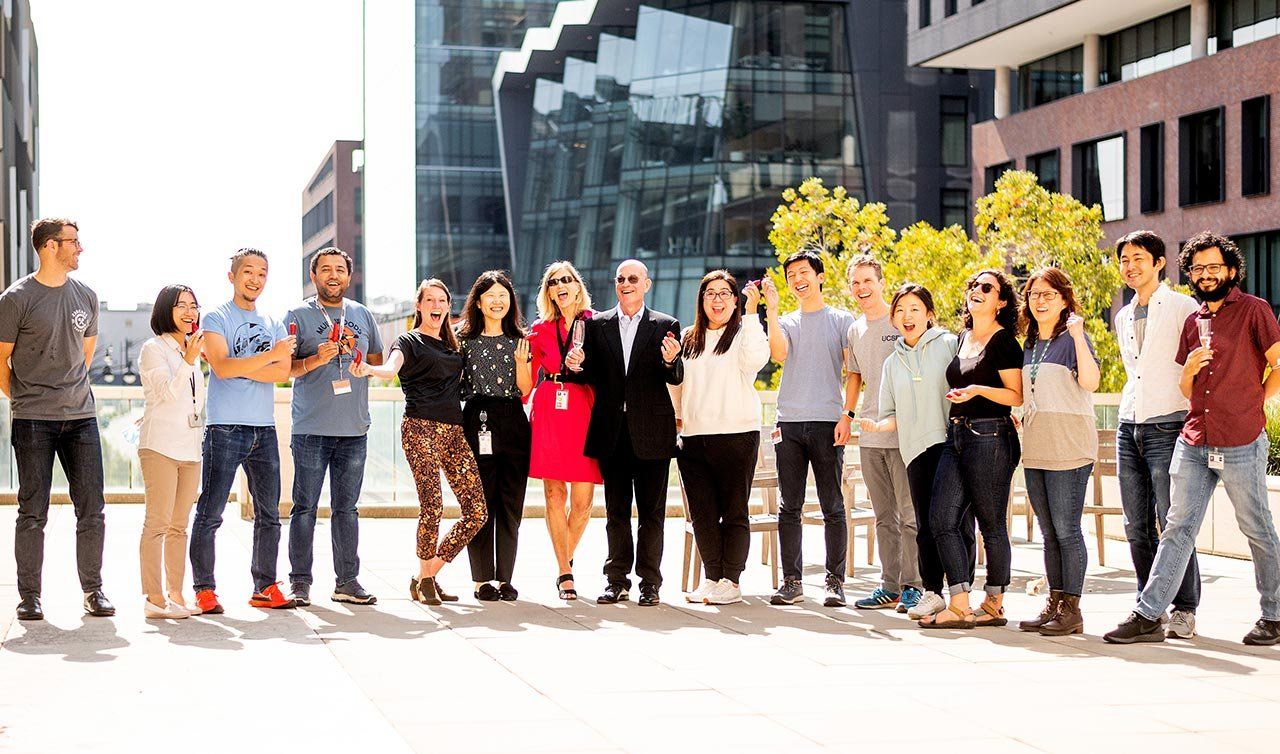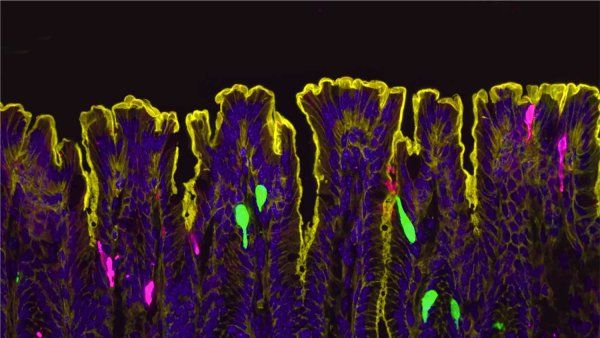
“It was really a shock – a blast out of nowhere and quite a thrill,” says David Julius, PhD, about learning in October that he’d won the 2021 Nobel Prize in Physiology or Medicine. Julius, a professor and chair of Physiology and the Morris Herzstein Chair in Molecular Biology and Medicine at UCSF, received the prize jointly with Ardem Patapoutian, PhD, a professor at Scripps Research and a UCSF postdoc alum. The two were recognized for their independent discoveries of receptors for temperature and touch.

Curious about how our bodies sense pain – and acutely aware of the need for new drugs that can treat pain without the side effects or addictive potential of opioids – Julius turned to the natural world for insights. He studied toxins from tarantulas and coral snakes; capsaicin, the molecule that produces the “heat” in chili peppers; and the chemicals underlying the pungency of horseradish and wasabi. His research homed in on a class of proteins called TRP ion channels as key players in the nervous system’s pain signaling apparatus. These compounds could serve as potential targets for new painkillers.
The secret to his success? “I think science is to some degree like real estate – location, location, location – and UCSF has been just such a fantastic place to work.”





